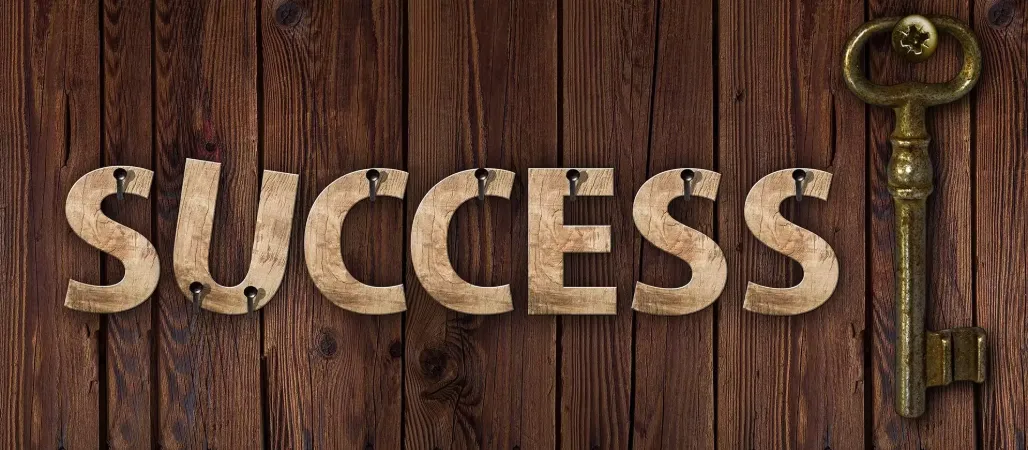
Striving for Success
“Striving for success without hard work is like trying to harvest where you haven’t planted.”
~ David Bly ~
Our students are well aware that exams are not an event but a process. It is inevitable that everyone strives for success in everything they do. For our students, success in their exams is something they hold very precious. This however, does not mean that on a scale of one to ten, anyone with a score of below five has not succeeded. As educators, we understand the uniqueness of individual learners and we treat each one of them as such.
Importantly, our students are also aware that there is only one place where success comes before work; in a dictionary. In real life, we have to work, and work hard for that matter for us to achieve the desired success.
As students enter the examination period, parents and guardians need to reflect on the following;
Late Nights During Exams
Some students have mentioned about spending longer hours at night to revise for the exams. Parents use several methods to keep their children awake to cram the subject content for the exams on the following day. We do get to hear these stories. Have we wondered what the effects of these practices could be? Are the exams only about the assessment grades? Will the knowledge find any relevance after the exams? Are we promoting good study habits? Are we teaching our children how to stay prepared? What about the habit of doing todays’ work today so that we do not have to burn midnight oil? What about a good rest before the exams day?
Comparing students
Here are some of the questions that students are exposed to during the examination period: Why did you not get the same results as your cousin/friend? You are in the same class as your sibling, why are your marks so low? I am so disappointed in you, when I was a student, I was always number one! The list is endless. Are these questions and statements relevant?
Hits, Misses and Threats
The exams sessions have also proved to be a period for the students to deal with the consequences of the set targets by the parents and guardians. The consequences range from the goody bags for exemplary performance to withdrawal of privileges from not meeting the expectations and worse, the threats for not attaining the set targets. Perhaps, we need to redefine the term exams/assessments and lay down the expectations acceptable to all the stakeholders.
What then should we do?
One student’s best performance cannot be used as a direct comparison for a measure of the performance for the other. It is about giving your best! It is possible that a top student in one class did not give his/her best while a student with the least grade in the same class at a particular time gave his/her best.
In conclusion, we urge all the students to continue giving their best in their studies. With their right to education, they have a responsibility to study hard for good grades. Students should learn to avoid procrastination and waiting for trans-night cramming just to pass exams. Parents on the other hand should avoid exerting too much pressure on the students during the exams-they risk crushing and with that, losing even the little that was there.
Let us teach our children to always put in their very best. To always strive to do better than what they did yesterday (strive being the key word). That habit should help them sail through life’s rough waters.
